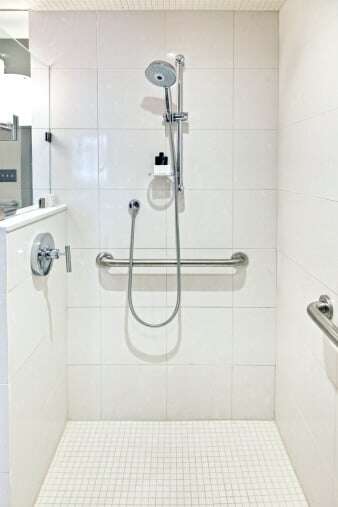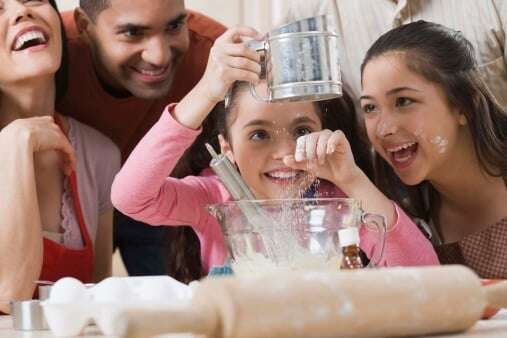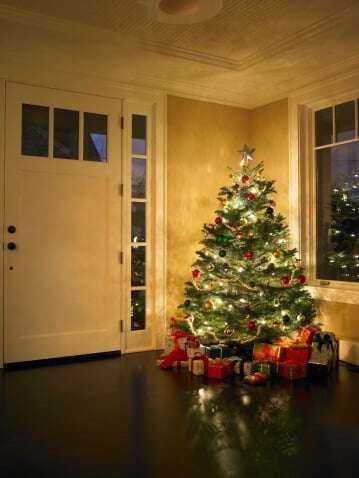 As Northern Californians, we're not just sand and sunshine. The mountains and the valleys offer up plenty of cold weather, rain and snow. Sometimes it can be difficult for us to tell which supplies the bigger jolt: the onset of colder weather or the ensuing heating bills.
As Northern Californians, we're not just sand and sunshine. The mountains and the valleys offer up plenty of cold weather, rain and snow. Sometimes it can be difficult for us to tell which supplies the bigger jolt: the onset of colder weather or the ensuing heating bills.
While everybody wantsto save money, it's vital to keep your home warm in a safe manner, too. Whether you're dependent on a furnace, a wood-burning fireplace or both, let a trustworthy heating system service company show you the proper ways to keep warm, stay safe and be economical.
Begin with your furnace, which is probably your primary source of home heating:
Furnace safety tips
- Schedule your annual furnace maintenance checkup, if you haven't already done so. Don't assume it's too late; it's never too late to ensure that the components of the workhorse of your heating system are clean in order to keep it running smoothly and efficiently – and to fix potentially minor problems before they balloon into more costly ones.
- Check your furnace filter every month, even though you might have to replace it only once every several months. Dirt is the biggest enemy your furnace faces, and it's the filter's job to trap it all.
- Store combustible materials – gas, paint thinner and household cleaning products – away from your furnace.
- Keep the area around your furnace unobstructed. Boxes and other items could catch on fire and/or restrict air flow to your furnace.
- Limit access to your furnace to adults only. Small children and pets can hurt themselves and cause damage to the furnace components if their curiosity gets the better of them.
Fireplace safety tips
A wood-burning fireplace can play a big role in your home heating system, but it requires far more vigilance than a furnace. Reap all the benefits and keep your family safe by heeding a wide range of safety tips:
- Put an annual chimney sweep on your “to do” list. Chimneys should be inspected for blockages, debris and creosote buildup, which could trigger a fire.
- Open the fireplace damper before lighting a fire and keep it open until the ashes have cooled down. An open damper also can prevent poisonous gas from filtering through your home.
- Burn only dry, seasoned wood. And never burn glossy or coated papers that contain chemicals which can be released into the air.
- Never use charcoal lighter, gasoline or other types of fuel to light a fire; the vapors could explode.
- Never use charcoal in a fireplace because it raises the risk of carbon monoxide poisoning.
- Place a screen or glass enclosure around your fireplace to contain sparks and embers.
- Store cooled ashes in a non-combustible container with a tight lid, and store the container outdoors.
Life-safety tips
Of course, accidents can happen even when people are careful. To mitigate the risk of fire and other dangers, be sure to:
- Keep a fire extinguisher on hand, and teach the little ones how to use it, too.
- Install a smoke detector on each level of your home, and check the batteries at least twice a year.
- Install a carbon monoxide detector near your furnace and on the same floor as your fireplace.
It's always a smart idea to create a fire escape plan in the event you have to leave your home in a hurry. Ideally, there should be two methods of departure from every room – in case one exit is blocked – including second-story rooms.
There's no doubt that home heating system safety is important. But you should have no doubt that your home is safe. Contact a technician at Experts In Your Home to schedule a home inspection to remove even a trace of doubt; your family's safety is worth it.
Do you know what to do if your heating system breaks? Download the free offer below to learn the questions you should be asking!







